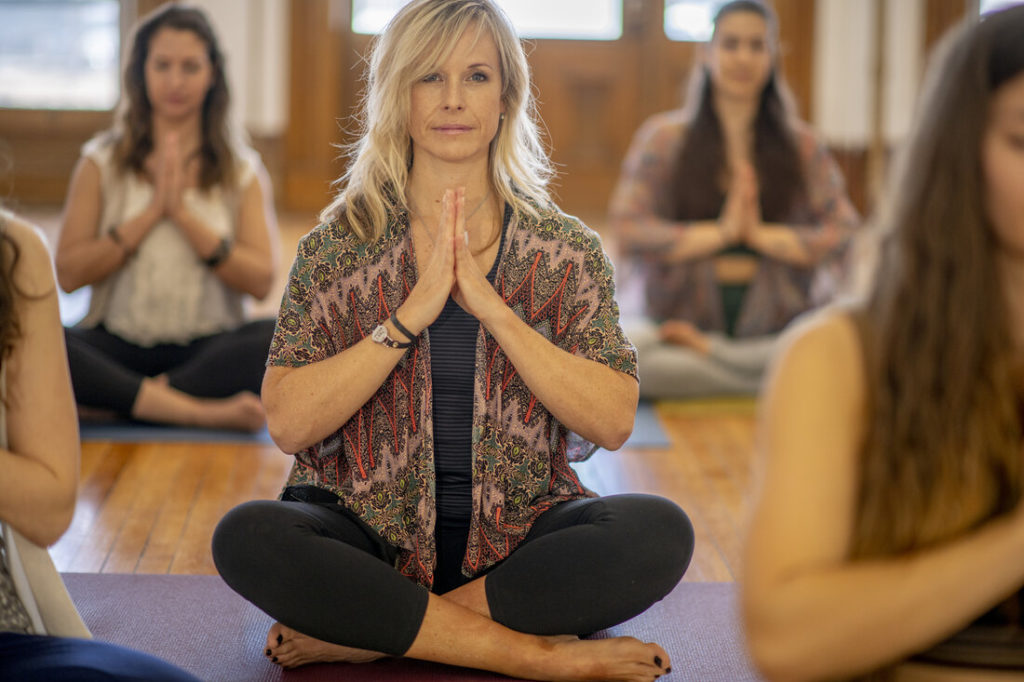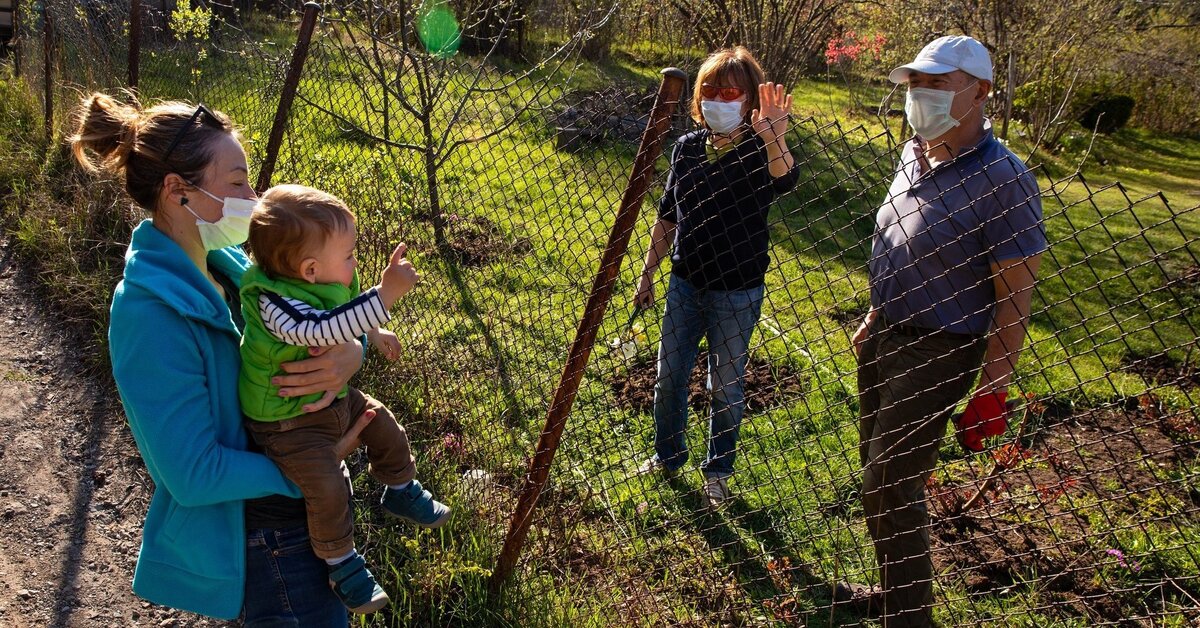This quarantine has been hard on everyone. While our poor extroverted friends have spent the past year lacking the social interaction they need to thrive, a significant number of people have found themselves becoming more introverted over time spent in isolation. Now, as New Mexico begins lifting restrictions on a fairly strict lockdown, many residents are experiencing increased anxiety at the thought of returning to society as we used to know it. This nervousness and apprehension are key signs of a new phenomenon that psychologists are calling “post-isolation syndrome.”
What Does Post-Isolation Syndrome Mean?
Before Covid-19 hit, the irrational fear of crowded places or the idea of leaving your home/a controlled space would likely be attributed to a form of agoraphobia. But in 2020, all those previously irrational fears became entirely rational. In cities like Albuquerque, staying home has been not only a medical necessity but a government mandate. As people transitioned to life in quarantine (working remotely, ordering groceries from delivery services, only seeing loved ones through video calls), it appeared from the outside that certain individuals adapted very well to this new lifestyle. But when the subject of returning to the outside world is brought up, many become anxious.
The concept of reintegration can be daunting due to several concerns:
- Potential for lingering Covid-19 cases
- Fears that the vaccines may not be effective
- Dread over returning to office life
- Low capacity for in-person interaction
- Unpolished social skills
If you have anxiety over the above concerns or any other apprehensions toward returning to society after quarantine, you may be experiencing the effects of the chronic stress disorder, post-isolation syndrome.
What Can You Do About Post-Isolation Syndrome?
Many factors go into recovering from this past year’s traumas and coping with the stress of reintegration after such severe isolation. Here are some tips for getting back into the world while maintaining mindfulness that can keep you from burning yourself out in the process.
Take Your Time
One of the most important things to remember when reintegrating into society after this quarantine period is to take your time. While you may have responsibilities requiring you to leave your house earlier than others (work, school, etc.), that doesn’t mean that you should rush back into non-essential activities. Many extroverted people were deeply affected by the lack of human interaction during the lockdown and are going to begin planning social gatherings and events as soon as possible. That means you may receive invitations that are difficult to turn down for any number of reasons.
Just keep in mind that all of us are different, and just because “everyone’s going” somewhere doesn’t mean you should feel guilty for staying home. Even if you’ve been struggling with the chronic loneliness of this past year, trying to force yourself back out into the world when you’re not ready can be even more harmful to your state of mind. Whether you’re still having concerns about the virus or feeling awkward readjusting to social interactions, your reasons for taking your time going back to “normal” are valid and should be respected.
Maintain Your Routines

If this is the case for you, or if you wound up drastically changing your routines over the past year, it’s time to think back to your pre-Covid lifestyle. What was life like for you before the pandemic hit? What activities did you do every day? How about every week? Consider which activities were dropped or altered and which found their way onto your new schedule. Select the best pieces of your pre and post-quarantine lifestyles and create new routines based on improving your physical, mental, and emotional health. If you don’t currently keep a planner or calendar, it can help make a successful transition back to the outside world.
Organize Your Thoughts
With the unpredictable world we’ve been living in, sometimes it can feel as if everything is out of our control. One thing that can help you feel more in control of your life is finding a way to organize your thoughts. Setting time aside to check in with yourself, whether that means journaling at the end of the day or talking out your feelings with a trusted friend, is vitally important to getting through the following months.
There may be baggage you’re carrying around from the quarantine that you won’t notice until you’ve put your thoughts into words. Anxiety about post-quarantine safety, feelings of resentment about returning to the office, and being overwhelmed from the new period of change are completely understandable feelings that you should find a safe space to express. Holding these thoughts inside will only cause the baggage to grow heavier and heavier, putting you at risk for emotional collapse. The act of writing or speaking your thoughts into the world, though, is a gateway to looking at them more objectively, processing them, and trying to find practical solutions to your concerns.
Manage Your Emotions
Similar to organizing your thoughts, it’s equally important to find ways to manage your emotions. In periods of stress, we all develop or fall back into old coping mechanisms to deal with the feelings we cannot process (not all of which are healthy). Now that the end is in sight, take a step back and look at how you’ve been coping. If you’re thinking about time spent bingeing television shows or working out for hours a day, you may be thinking, “that’s not so bad.” If you have begun drinking more regularly or using/abusing medications to get through this period, you may be feeling guilty or noticing the ways this has negatively affected your life.
It is important to note that any activities done in excess can be harmful to your body and your state of mind. Think about the patterns you used to have. If you have developed coping mechanisms that have drastically changed your life in a way you don’t want to carry into a post-quarantine world, now is the time to make the change. Finding methods to manage your negative emotions in a healthier, more productive way—be that practicing mindfulness, reconnecting with loved ones, picking up an old hobby, or putting more emphasis on self-care—is important to reintegrate into society without feeling a hole in your life once filled by unhealthy coping mechanisms.
Seek Outside Mental Health Help

It’s worth noting that you don’t need to feel like you are actively experiencing any mental illness symptoms to benefit from therapy. The ability to speak with an objective third party can help you gain new perspectives on your problems and find healthy, productive ways to deal with them (something that everyone can use now more than ever). They can also provide you with reliable advice on returning to the world without burning yourself out in the process.
If you or someone you know is experiencing stress thinking about reintegrating into society, rest assured that that is a completely normal way to feel. Just remember to practice mindfulness and compassion as the world readjusts to our new new normal.
